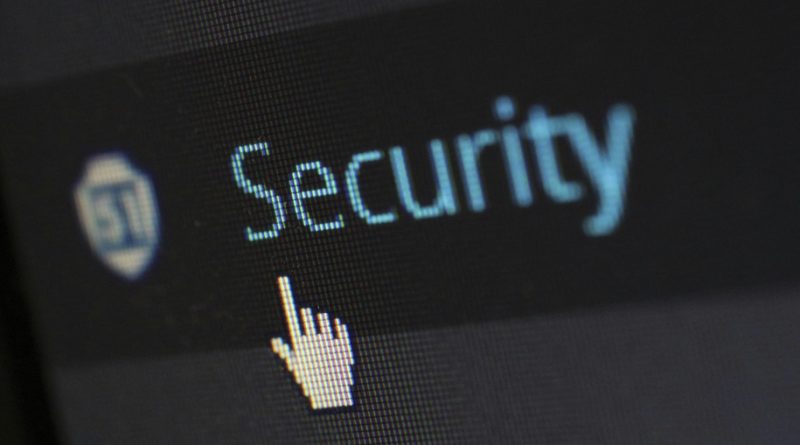Password Managers Explained: Are They Really Secure?
We all know the struggle. You have dozens, if not hundreds, of online accounts, and each one demands a password. So what do most of us do? We fall into bad habits. We use the same simple password everywhere, or we use slight variations like P@ssword1, P@ssword2, and so on. We write them down on sticky notes.
We know this is a terrible idea. The solution, we’re told, is a password manager. It’s an application designed to create and store unique, impossibly complex passwords for every single site you use. All you have to do is remember one single, strong master password.
It sounds like the perfect solution, but it also raises a terrifying question: is it really safe to store all of your most important credentials in one single place? What happens if the password manager itself gets hacked? Let’s break down how they work and answer the big security question.
How Do Password Managers Actually Work? (The Digital Vault)
Think of a password manager (like 1Password, Bitwarden, or Dashlane) as an impenetrable digital vault.
- When you put your passwords inside this vault, they are immediately encrypted on your device using an incredibly strong algorithm, typically AES-256.
- The only key that can decrypt and open this vault is your master password.
- This encrypted vault is then synced to the cloud so you can access it on all your devices (phone, laptop, tablet).
The crucial part of this process is that all the encryption and decryption happens locally on your device, not on the company’s servers.
The Big Question: Are They Secure? The “Zero-Knowledge” Promise
This leads us to the core of their security model, a concept called “zero-knowledge architecture.”
This means that the password manager company itself has zero knowledge of your master password. You never transmit it to them. They never store it on their servers. Therefore, they have absolutely no way to decrypt your vault or see any of the passwords inside it.
Even if a government agency served them a warrant for your data, all the company could hand over is the useless, scrambled, encrypted blob of data from their server. Without your master password, it’s just digital noise. This is the fundamental principle that makes reputable password managers so secure.
What About a Data Breach? (The LastPass Lesson)
This is the biggest fear, and it’s a valid one. In 2022, the password manager LastPass suffered a major security breach where hackers did manage to steal customers’ encrypted password vaults from their cloud storage. It was a worst-case scenario.
However, the incident provided a powerful, real-world test of the zero-knowledge model. For the vast majority of users who had followed best practices, the outcome was reassuring:
- The vaults were still encrypted. The hackers stole the locked boxes, not the keys.
- A strong master password was the shield. For users who had created a long, unique, and complex master password, their vaults remained safe. The computing power required to “brute-force” guess a strong master password and decrypt the vault is astronomical, making it practically impossible.
- The lesson was clear: The security of your entire digital life rests on the strength of that one master password.
The Verdict: A Necessary Tool for Modern Life
So, are password managers really secure? Yes. While no system is 100% infallible, a reputable password manager using a zero-knowledge architecture is by far the most secure way to manage your credentials.
The risk of a data breach at a single, obscure website where you reused your one favorite password is far, far greater than the risk of a hacker stealing your encrypted vault and somehow cracking your strong, unique master password.
In 2025, using a password manager is no longer optional for anyone who takes their digital security seriously. It’s a fundamental tool for staying safe online. Just make sure your one master password is as strong as it can possibly be.




